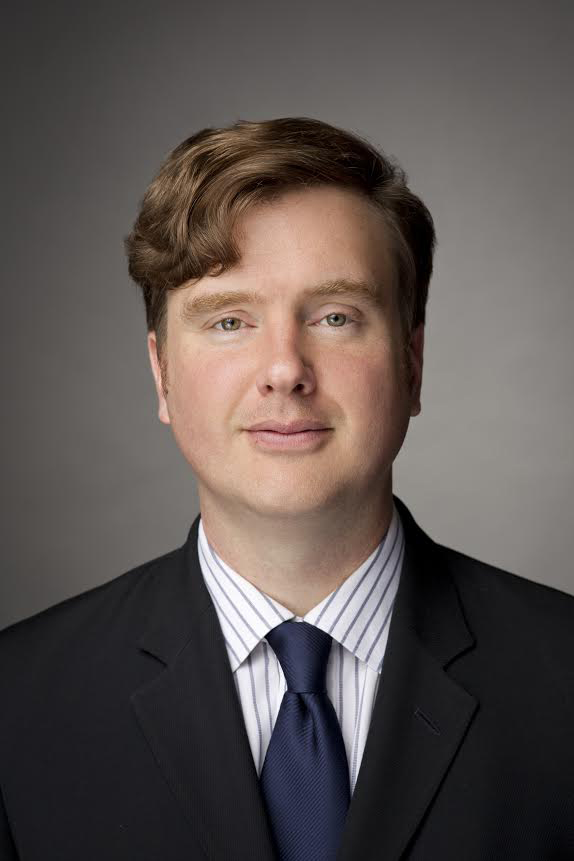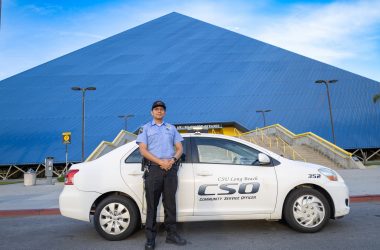President of the Foundation for Individual Rights in Education Greg Lukianoff highlighted the increasing issues surrounding free speech limitations on college campuses nationwide during a presentation Wednesday.
“Anybody who has ever been a student journalist knows that people are incredibly good at coming up with excuses to censor opinions they dislike,” Lukianoff said.
Lukianoff spoke to a room of about 40 students and faculty in the journalism and mass communication department about First Amendment rights and censorship on college campuses.
“I took every single class that Stanford offered on freedom of speech and, nonetheless, I’m regularly shocked with the kind of things that can get you in trouble on the modern college campus,” Lukianoff said.
In his presentation, Lukianoff said he wanted to give a “legal perspective” on how free speech norms have changed. In effort to do this, he showed “the most offensive slide” in his PowerPoint presentation, which was of a poster created during the 1960s that depicted police officers raping the Statue of Liberty.
The cartoon, illustrated by a student radical group, lead to the 1973 Supreme Court case, “Papish v. Board of Curator of the University of Missouri.”
Lukianoff said that the artist drew the cartoon because she was angry that police officers had “roughed up” members of her radical group and were then acquitted.
“It is taken for granted that free speech is protected in the United States, and that it needs to be especially protected on college campuses,” Lukinaoff said.
Lukianoff also mentioned an incident where a student at Modesto Junior College was reprimanded for handing out free copies of the U.S. Constitution on Constitution Day because he hadn’t received permission prior to distributing the materials.
This incident, he said, also sets the opening scene for his book, “Unlearning Liberty: Campus Censorship and the End of American Debate.”
He said that many college campuses nationwide have designated free speech zones, but even with a designated zone, students still have to get advanced permission to use the “free speech” area, as well as have materials approved in advance on some campuses.
Lukianoff said that his passion for First Amendment rights and freedom of speech came at an early age. He said both of his parents, one of whom is Russian and the other British, had varying ideas of what free speech meant.
He said he came to believe that if his parents could not agree on what someone is allowed to say, than the idea of elected officials making that decision was “insanity.”
Some students, like senior journalism and history double major Sean Khalifian, said they were surprised to see this kind of censorship because of the free speech rights that have been established in this country throughout the course of history.
“I would never have guessed that freedom of speech has really stayed an issue on college campuses,” Khalifian said.




